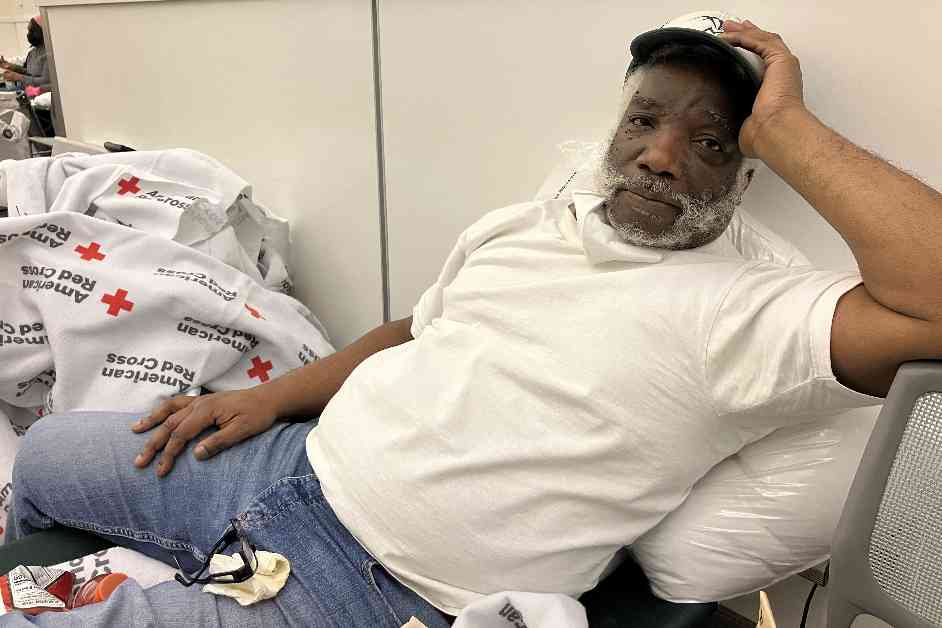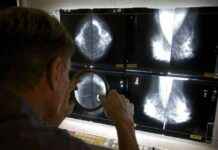Supporting Evacuees: Mental Health Workers Aid Angelenos Amid Wildfire Trauma
In a heart-wrenching scene on a smoked-filled road in Pasadena, Fernando Ramirez, a community outreach worker, witnessed residents desperately fighting to save their homes amidst the chaos of the Eaton Fire eruption. The day after the fire broke out, Ramirez was moved to tears by the sight of people standing on their roofs, trying to shield their homes from the flames, yet feeling utterly hopeless. This emotional encounter prompted Ramirez to volunteer for a 14-hour shift at the city’s evacuation center, where he provided mental health support to over a thousand evacuees.
Stress Amidst the Flames
The emotional trauma experienced by evacuees during wildfires like the Eaton Fire can lead to severe mental health challenges, including anxiety, depression, PTSD, and suicidal thoughts, according to health and climate experts. Lisa Wong, director of the Los Angeles County Department of Mental Health, emphasized the importance of offering mental health support to evacuees without retraumatizing them. The county has implemented various strategies to improve support for evacuees, including deploying trained mental health workers and providing information to alleviate anxiety.
A Beacon of Hope in the Darkness
Amid the chaos and devastation, evacuees like Elaine Santiago found solace in the community spirit at the Pasadena Convention Center, which had been transformed into an evacuation site. Santiago, who fled her home on her 78th birthday, expressed a sense of peace in knowing that she was not alone in her struggles. Similarly, Donny McCullough, a music producer, recounted his emotional journey of fleeing his home with his family, leaving behind his life’s work in music.
Providing Support in Times of Crisis
The work of disaster relief workers like Fernando Ramirez takes a toll, as they navigate the emotional challenges of supporting evacuees facing loss and trauma. Ramirez emphasized the importance of seeking therapy to manage his emotions and cope with the trauma he encounters while aiding others in crisis. As the wildfires continue to ravage Los Angeles County, mental health resources like the county’s helpline and the national Suicide & Crisis Lifeline offer crucial support to residents in need.
As we witness the resilience and compassion of individuals like Ramirez, Santiago, and McCullough, it becomes clear that amidst the ashes of tragedy, a beacon of hope and support shines bright for those in need. In times of crisis, it is the human connection and empathy that truly make a difference in the lives of those facing unimaginable challenges. Let us remember to reach out, support one another, and stand together in the face of adversity.

















